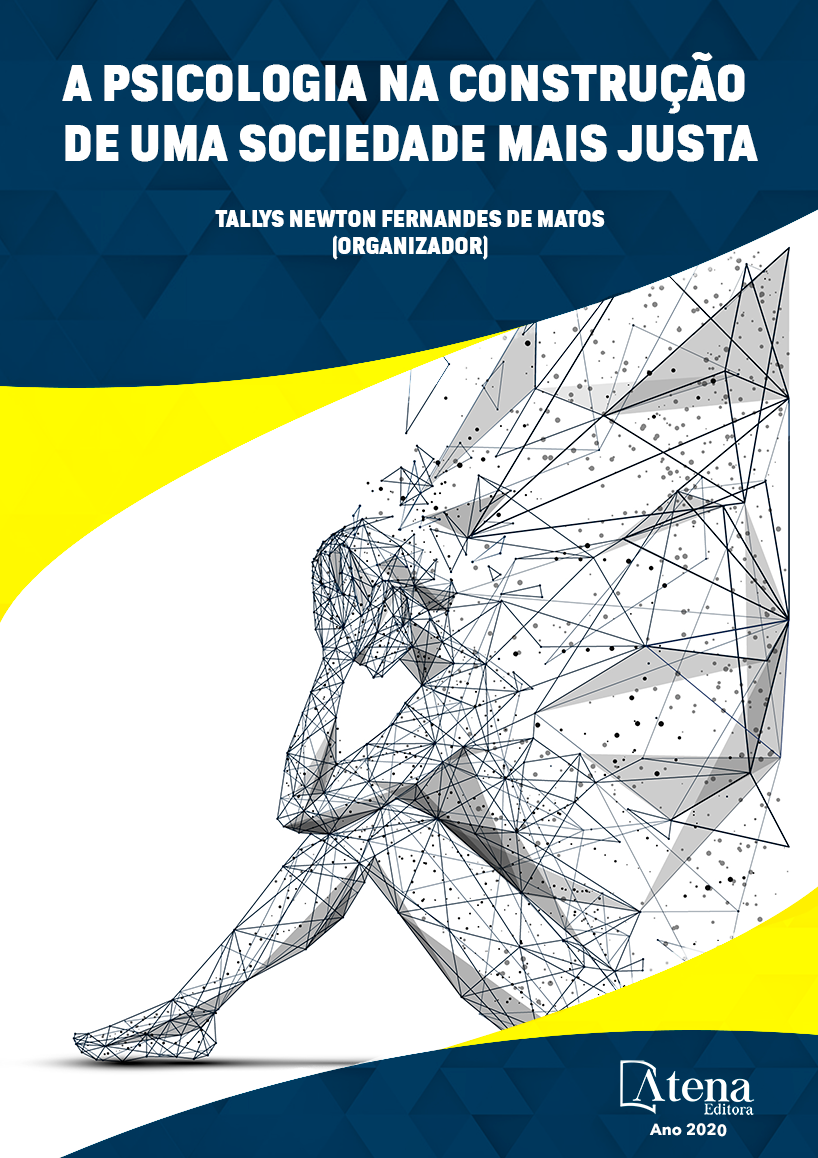
OUVIR PARA COMPREENDER: A DIMENSÃO PSICOLÓGICA DA COMUNIDADE VILA VITÓRIA
Analisar o comportamento social, e seu dinamismo, requer antes de tudo a percepção de que a realidade que cerca os agentes sociais refletem diretamente nos seus comportamentos. O presente estudo não perdeu essa verdade de vista ao analisar o comportamento social dos indivíduos que moram na comunidade Vila Vitória, localizada em uma área de mangue que foi invadida quando da construção da MA 207, conhecida na cidade de São Luís, capital do Estado do Maranhão, como “Via Expressa”. O trabalho foi gestado dentro do projeto de extensão “Via Expressa Cidadã”. O projeto é ligado ao Centro Universitário Estácio São Luís e é multidisciplinar. Este trabalho foi construído a partir da interação entre os alunos do curso de Psicologia que fazem parte do projeto de extensão e a comunidade. Durante as visitas à comunidade, os alunos escutaram os moradores. Além de entrevistas semiestruturadas eles usaram a escutatória para interpretar a visão dos indivíduos que vivem na comunidade tem de si mesmo e da realidade que os cerca. Durante esse processo foi possível compreender como os moradores definem os problemas estruturais que gracejam pela comunidade e como eles buscam resolvê-los. Durante a realização das entrevistas semiestruturadas e da escutatória foi possível perceber como cada indivíduo que foi escutado se vê dentro da comunidade. Essa percepção forneceu as bases para a análise dos padrões de comportamentos das pessoas que foram escutadas. Nas falas foi possível perceber sentimentos como desilusão, impotência, abandono e solidão, principalmente entre as pessoas que viviam na área antes da construção da rodovia. Mas também foi possível perceber fé, euforia e unidade. Apesar de ainda está no início, o trabalho junto a comunidade demonstrou que há a necessidade de atendimento psicossocial na, e para a comunidade que vive às margens da Via Expressa.
OUVIR PARA COMPREENDER: A DIMENSÃO PSICOLÓGICA DA COMUNIDADE VILA VITÓRIA
-
DOI: 10.22533/at.ed.1552027048
-
Palavras-chave: Psicologia Social; Extensão Universitária, Projeto
-
Keywords: Social Psychology; University Extension Project, Project
-
Abstract:
Analyzing social behavior, and its dynamism, requires, above all, the perception that the reality that surrounds social agents directly reflects on their behavior. This study has not lost sight of this truth when analyzing the social behavior of individuals who live in the Victoria Village Community, located in a mangrove area that was invaded when the construction of MA 207, known in the city of São Luís, capital of the State of Maranhão, as “Via Expressa”. The work was carried out within the “Via Expressa Cidadã” extension project. The project is linked to the Estácio São Luís University Center and is multidisciplinary. This work was built from the interaction between students of the Psychology course who are part of the extension project and the community. During visits to the community, the students listened to the residents. In addition to semi-structured interviews, they used listening to interpret the view that individuals living in the community have of themselves and the reality that surrounds them. During this process, it was possible to understand how the residents define the structural problems that they joke about in the community and how they seek to solve them. During the conduct of the semi-structured interviews and the hearing, it was possible to perceive how each individual who was heard sees himself within the community. This perception provided the basis for analyzing the patterns of behavior of the people who were heard. In the speeches, it was possible to perceive feelings such as disappointment, impotence, abandonment and loneliness, especially among people who lived in the area before the construction of the highway. But it was also possible to perceive faith, euphoria and unity. Although it is still in its infancy, work with the community has shown that there is a need for psychosocial care in and for the community that lives on the banks of the “Via Expressa”.
-
Número de páginas: 17
- Gabriel Nava Lima


